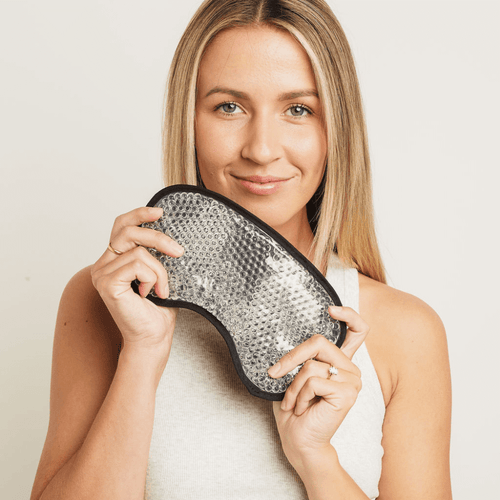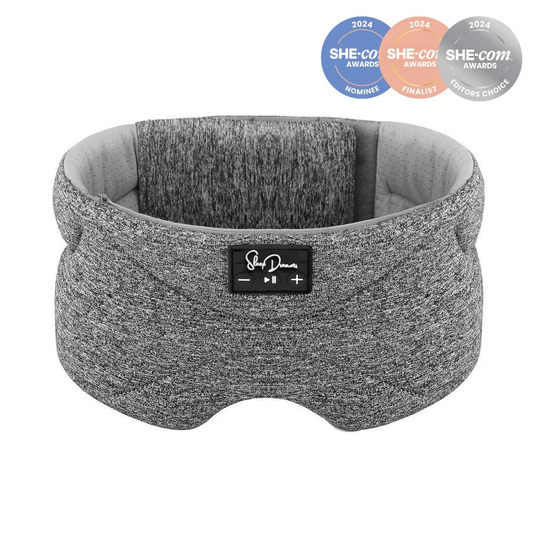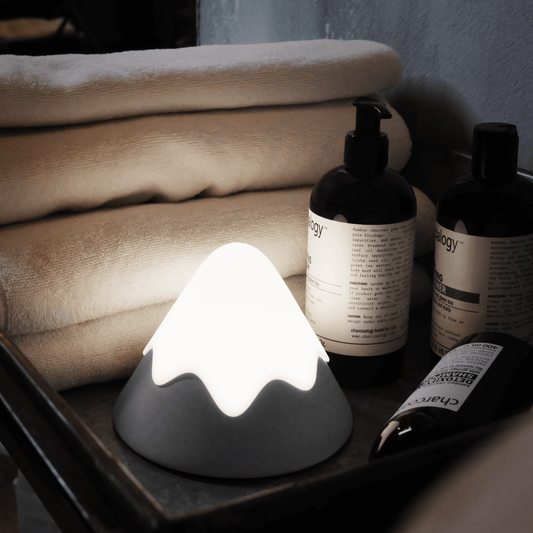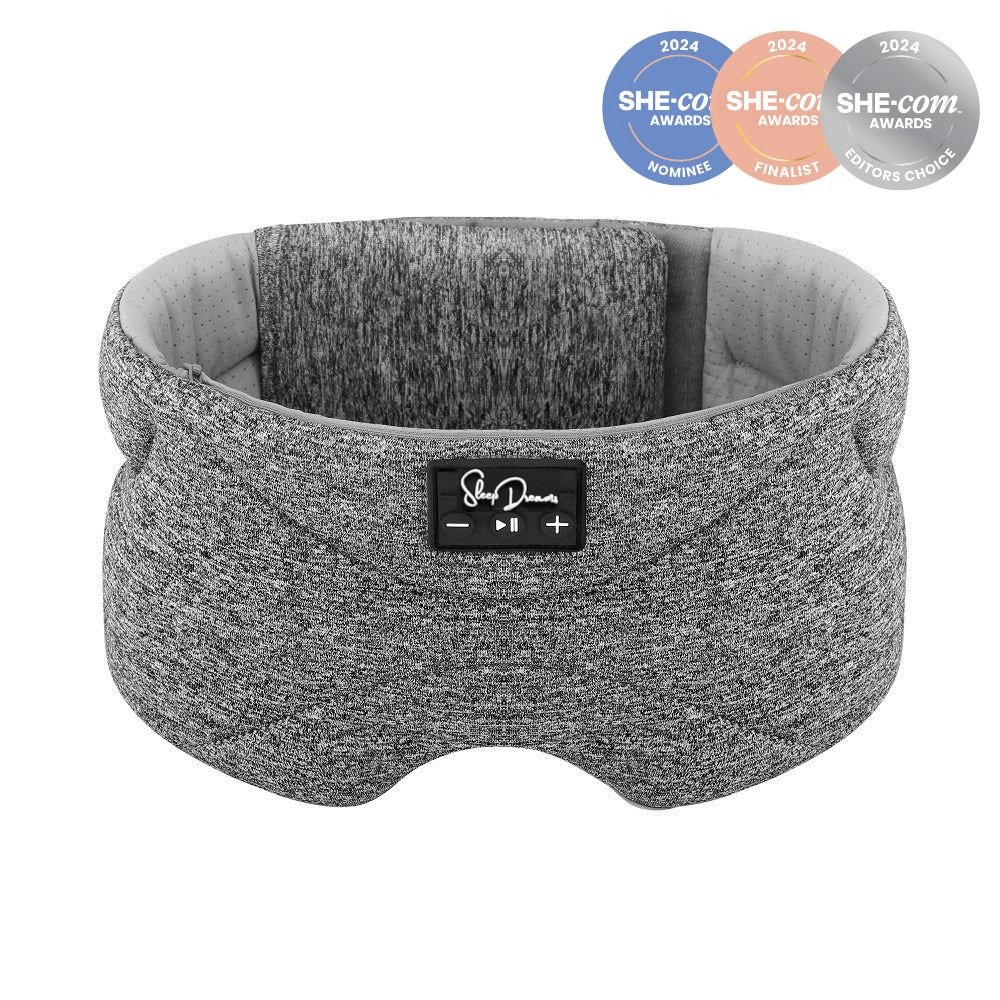Snoring is one of the most common sleep disturbances experienced by Australians. While it can be caused by a variety of factors, one of the primary culprits is a deviated septum. A deviated septum occurs when the partition between your nostrils is misaligned, which can lead to breathing difficulties and subsequent snoring. Let’s take a closer look at what causes a deviated septum and how it could be causing you to snore.
Why do you snore? Is it caused by a deviated septum? Let’s take a look at what the research has to say.

What is a deviated septum?
A deviated septum is when the nasal septum (the wall between your two nostrils) is crooked or off-center. This can be caused by an injury, an accident, or even from birth. A deviated septum can make it difficult to breathe through the nose, as some of the airway is blocked off due to the deviation in the cartilage and bone structure.
Does a deviated septum cause snoring?
In short, yes - sometimes. While not all people with a deviated septum will snore, studies have found that those who do report more severe symptoms than others who don’t have one at all.
When the partition between your nostrils is misaligned, it can cause difficulty breathing through your nose. The way the air passes through your nose when you are sleeping can cause vibrations which then leads to snoring noises - especially if you have any obstruction in your nose due to a deviated septum. This vibration of tissue can also lead to other breathing issues such as sleep apnea and breathing problems in general.
A nose misalignment blocks airflow through your nasal passages, leading you to breathe through your mouth instead. This opens up your airways and enables more air flow while you sleep—which increases the likelihood of snoring. Additionally, if you have allergies or congestion that further restricts airflow in your nasal passages, this could increase your chances of snoring even more.
How Do I Treat my Snoring if I have a Deviated Septum?
There are several treatments available for those suffering from snoring due to a deviated septum including lifestyle changes such as losing weight, avoiding alcohol before bedtime and quitting smoking if applicable.
If these changes don’t work then surgery may be necessary in order to correct the nasal passage and alleviate symptoms of snoring and other breathing issues related to it.
Are There Any Natural Treatments For Deviated Septum's?
If you have a deviated septum, there are some natural remedies you can try at home to help alleviate symptoms.
Nasal irrigation - Fill a nasal washer with warm saline solution and use it to flush out your nose. This can help reduce inflammation, soothe any irritation, and improve breathing.
Steam inhalation - Boil a pot of water on the stove and use a towel to create a tent around your head while inhaling the steam for five minutes at least three times per day. This will help thin mucus and make it easier to breathe.
Essential oils - Treating your nasal passage with essential oils such as eucalyptus or peppermint can help reduce congestion and discomfort in your nose when used in an aromatherapy diffuser or directly applied with a cotton swab.
Humidifier - Keeping the air in your home humidified will help reduce irritation in the nasal passage and improve air flow through your nose, giving you an easier time breathing.
Nasal Strips - Nasal strips can be an effective tool for alleviating symptoms of a deviated septum. They are designed to physically open the nasal passages, helping you to breathe easier and reducing congestion. The strips help reduce snoring and can improve nighttime breathing in some cases. While they may not provide a permanent solution, they may offer relief from symptoms while other natural remedies are being tried.
All in all, we now know that having a deviated septum can indeed make you more prone to snoring than someone without one – however there are many factors at play when it comes to how much you actually end up snoring each night! If lifestyle changes don't work then consulting with your doctor about possible treatments might be worth considering – but remember they will be able to provide better advice based on your individual circumstances. So if you suspect that your partner’s loud night time noise could potentially be down to them having a deviated septum then perhaps its time for both of you get checked out by an expert.





















